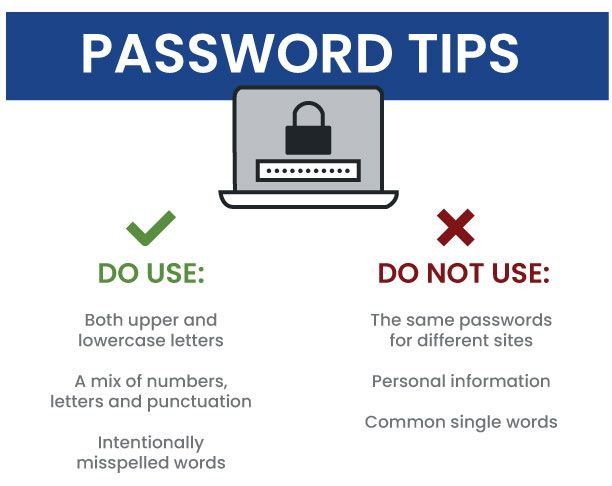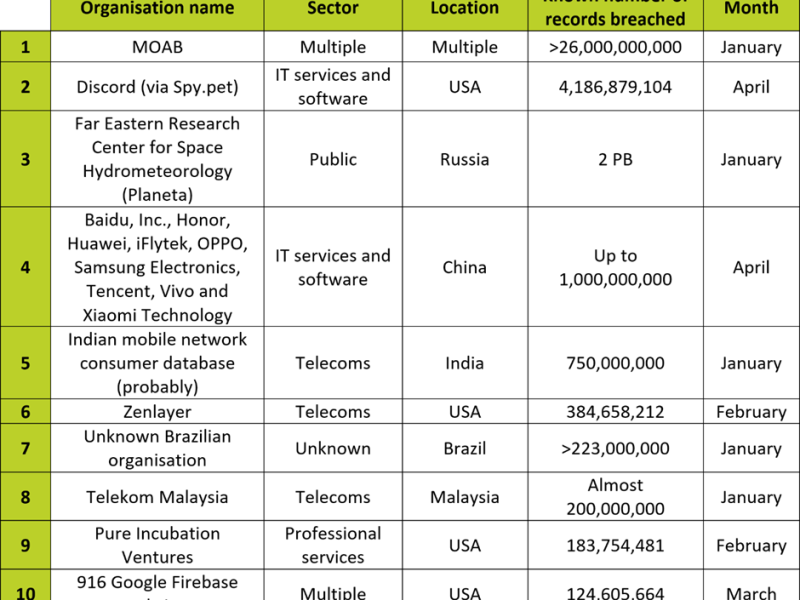With cyber threats becoming increasingly prevalent, it’s essential for home users to prioritize network security. From protecting personal data to ensuring the safety of connected devices, taking steps to secure your network is crucial in today’s digital age. Here are some essential tips to help you safeguard your home network:
1. Set Up a Strong Password
One of the most basic yet effective ways to secure your network is by setting up a strong and unique password. Avoid using common phrases or easily guessable passwords, and opt for a combination of letters, numbers, and special characters. Additionally, consider changing your password regularly to minimize the risk of unauthorized access.
2. Enable Encryption
Encryption is a key component of network security, as it helps protect your data from unauthorized interception. Ensure that your Wi-Fi network is encrypted using WPA (Wi-Fi Protected Access) or WPA2 security protocols. This will help prevent hackers from accessing your network and compromising your sensitive information.
3. Update Your Software
Keeping your devices and software up to date is essential in maintaining network security. Regularly check for updates for your operating system, antivirus software, and other applications to patch any vulnerabilities that could be exploited by cyber attackers. Set up automatic updates whenever possible to ensure you are always protected.
4. Secure Your Router
Your router is the gateway to your network, so it’s crucial to secure it properly. Change the default administrator password to a unique and strong password, and disable remote access to your router’s settings. Additionally, consider enabling firewall protection on your router to block malicious traffic and keep your network safe.
5. Use a VPN
A Virtual Private Network (VPN) can add an extra layer of security to your network by encrypting your internet traffic and masking your IP address. This helps protect your data from prying eyes and ensures your online activities remain private. Consider using a reputable VPN service when connecting to public Wi-Fi networks or when accessing sensitive information online.
6. Implement Network Segmentation
Segmenting your network into separate subnetworks can help reduce the impact of security breaches and limit the access that unauthorized users have to your sensitive data. Create different network segments for devices with different security requirements, such as IoT devices, personal computers, and guest devices. This way, if one segment is compromised, the rest of your network remains secure.
7. Monitor Network Activity
Regularly monitoring your network activity can help you detect any unusual behavior or suspicious traffic that could indicate a security breach. Use network monitoring tools to keep track of who is accessing your network, which devices are connected, and any unusual patterns that could signal a potential threat. Be proactive in investigating any anomalies and take action to secure your network promptly.
8. Educate Yourself and Your Family
Lastly, educate yourself and your family members about the importance of network security and the potential risks of cyber threats. Teach them about safe online practices, such as avoiding clicking on suspicious links or sharing personal information online. By raising awareness and promoting good security habits, you can help protect your home network from potential attacks.
By following these essential tips, you can enhance the security of your home network and minimize the risk of falling victim to cyber threats. Prioritize network security and take proactive steps to safeguard your data and devices in today’s digital landscape.


